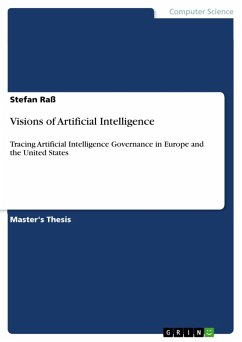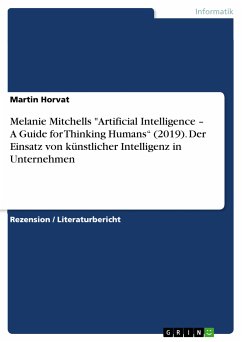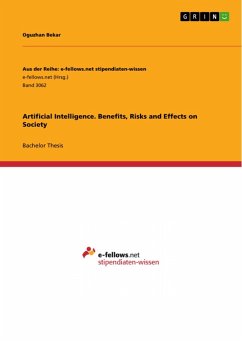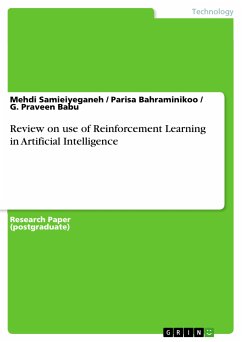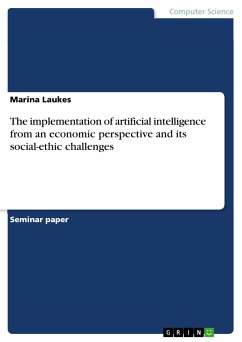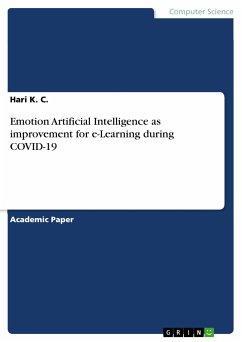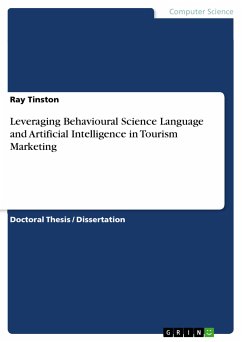Master's Thesis from the year 2019 in the subject Computer Sciences - Artificial Intelligence, grade: 1, University of Vienna, language: English, abstract: Artificial Intelligence (AI) is often considered to be one of the defining technologies, which will be important in shaping the prosperity and power dynamics of the twenty-first century. In the last five years many governments around the world tried to implement policies that are intended to foster AI innovation in order to position themselves as leaders in a space that is thought to be the next global paradigm shift. Europe and the United States are thought leaders in this field and have published policy documents aimed at deliberating the future progress of AI and defining national policies or research strategies, which should serve as signposts for subsequent decisions. Research in Science, Technology Society (STS) studies has shown how sociotechnical imaginaries shape the ways emerging technologies are assessed, evaluated and regulated in differing political cultures. They inform the visions that make certain options possible, specific outcomes plausible and leave other avenues for policy dormant. This thesis explores these imaginaries found in policy documents connected to regulatory attitudes towards AI and the social changes linked to this emerging technology in the United States and Europe along three dimensions: First, the dominant visions, images and ideals associated with the technological innovation in AI. Second, the expectations of benefits and risks projected onto AI. And third, the imagined role of governance of AI in the policy documents as well as how society is imagined to be part of the assessment, development and regulation. The thesis suggests, that AI offers a new and rich window into regulatory imaginaries in a specific moment of technological emergence. Some of the uncovered attitudes towards AI are reflected in imaginaries connected to previous technologies, however, AI constitutes a novel moment of emergence that links to unique attuites to regulating self-learning algorithmic intelligence.
Dieser Download kann aus rechtlichen Gründen nur mit Rechnungsadresse in A, B, BG, CY, CZ, D, DK, EW, E, FIN, F, GR, HR, H, IRL, I, LT, L, LR, M, NL, PL, P, R, S, SLO, SK ausgeliefert werden.

